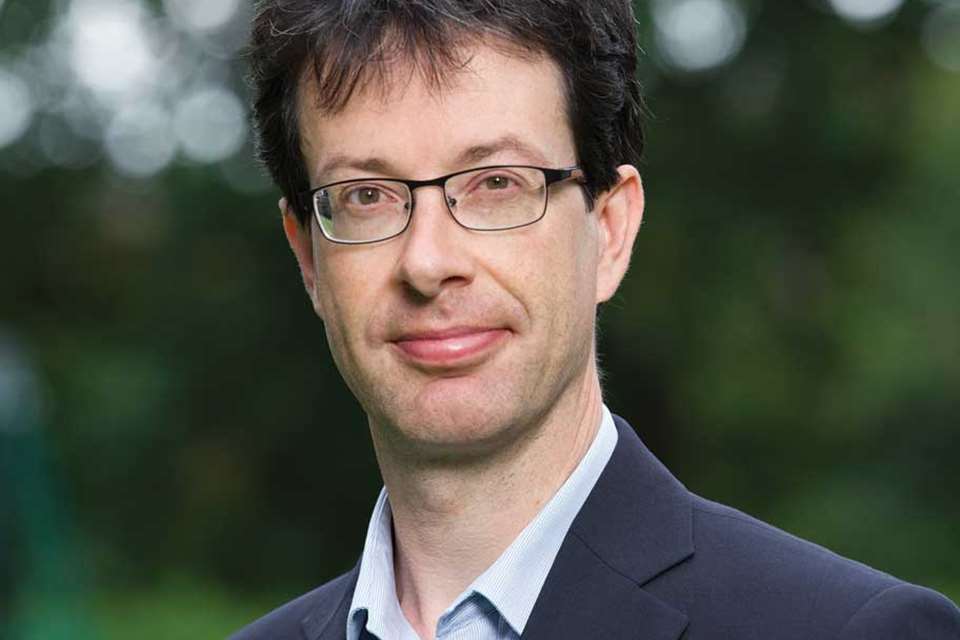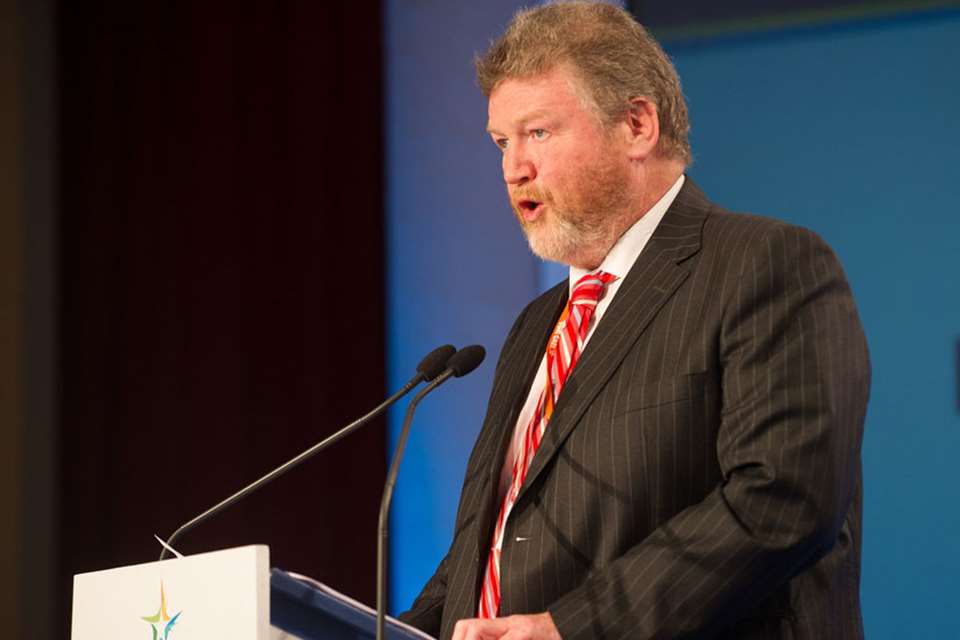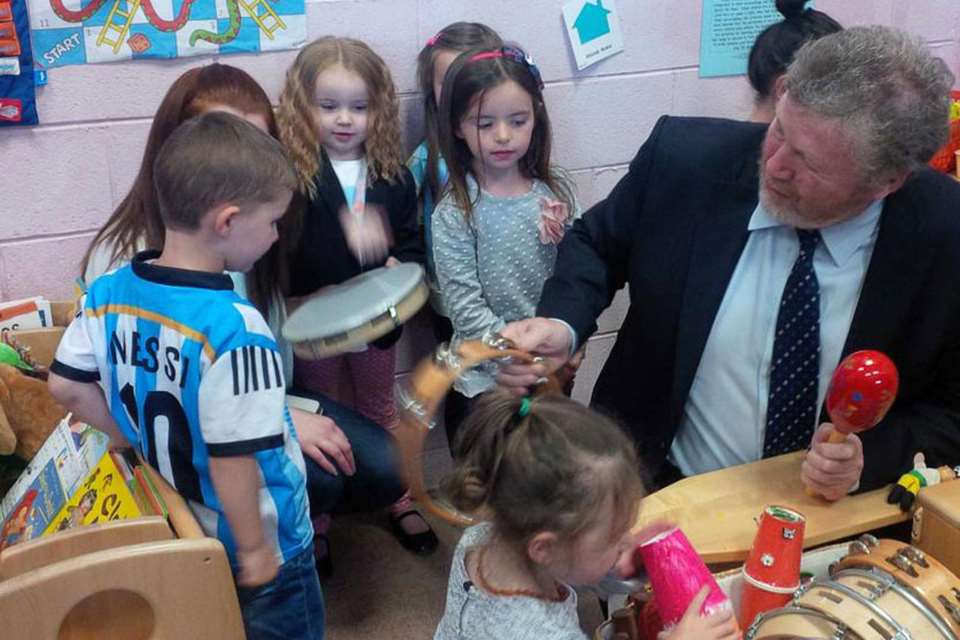Irish Government announces €85m package of childcare measures
Friday, October 23, 2015
Delivering Budget 2016, Ireland’s ministers announced €85m in new childcare funding to improve the country’s provision.

As part of the new package of childcare measures, inspections of childcare settings will be enhanced. This will include expanding the inspection team who will carry out more education-focused inspections at settings taking part in the Government’s Early Childhood Care and Education (ECCE) scheme.
The inspectors will also have to comply with new childcare regulations being introduced shortly.
Last October, Ireland’s minister for children and youth affairs James Reilly announced a move from compliance-only inspections carried out by public health nurses together with environmental health officers, to education-focused inspections carried out by qualified and experienced early years professionals.
A pilot of the education-focused inspections is due to begin this autumn.
The move to increase the number of inspections follows an investigation by Ireland’s news channel RTE last year, which revealed that the number of inspections of pre-school services had fallen in the last 12 months because of a lack of inspectors in several counties.
It found some nurseries and crèches had not been inspected for five years, despite a requirement for them to be inspected every year.
Other measures being introduced to improve the quality of provision, include an expansion of the Síolta quality assurance programme, further investment in the Learner Fund and an audit of childcare quality - a recommendation made by the Inter-Department Group within its report on future investment in childcare, published by the minister for children and youth affairs Dr James Reilly in July.
The Learner Fund supports staff working in early years services to achieve the new minimum qualifications being introduced from next year.
As of September 2016, every childcare worker will need a minimum of a level 5 on the National Qualifications Framework or equivalent.
As part of the reforms to childcare provision, the age at which children qualify for the free pre-school year is being lowered. From next September, children will quality for the free year when they turn three, rather than at three years two months, as is currently the case.
Children will also be able to enrol in pre-school at three different points in the year – September, January and April, as opposed to just one.
The move, which will see children benefit from an additional 23 weeks of free pre-school, reducing parents’ childcare costs by a further €1,500 on average, is designed to provide a smoother transition between pre-school and primary school.
Other measures being introduced under the new package of childcare include:
a Single Affordable Childcare Programme for working families, coming in from 2017 to replace the numerous subsidy programmes that currently exist in Ireland;
- an extension of the Community Childcare Subvention programme for families on low-incomes;
- a €3m capital fund to support childcare providers to develop after-school services and the development of a quality framework for after-school provision;
- a suite of support to enable children with disabilities to fully participate in and reap the benefits of quality pre-school care and education. This will include continued professional development for early years staff to help them better understand and respond to children’s different needs.
- the minister for children and youth affairs, Dr James Reilly, said, ‘The childcare measures form part of a balanced and integrated programme of investment in children and parents.
‘I am committed to ensuring that this significantly increased investment in the sector is matched by significant improvements in the quality of provision – because if children and families are to reap the benefits of this investment, we must have high quality childcare.
‘Budget 2016 represents a milestone in the development of affordable, high-quality childcare that is accessible to every child – it is an investment in families, helping them to benefit from Ireland’s continued economic recovery by making work pay.’
Ciairín de Buis, director of Start Strong, a coalition of organisations and individuals seeking to advance early care and education in Ireland, said, ‘Budget 2016 shows the Government taking positive steps to address the three linked crises affecting early years – affordability, quality and investment.
‘Providing free pre-school from the age of three and allowing for multiple points at which children can enrol will potentially have significant benefits for early years development. Research has repeatedly shown that high-quality early education from this age has benefits for children's learning that last into adulthood. Because of the current September start date; the average age at which children are beginning the free school year is three years, ten months. Allowing more entry points will reduce this by several months.’
‘However, while welcome, it needs to be stressed that these measures represent just the first steps towards a more affordable and quality structure of early education for young children in Ireland. Continued investment will be required in the coming years to improve childcare quality standards while making it more affordable to parents.’









